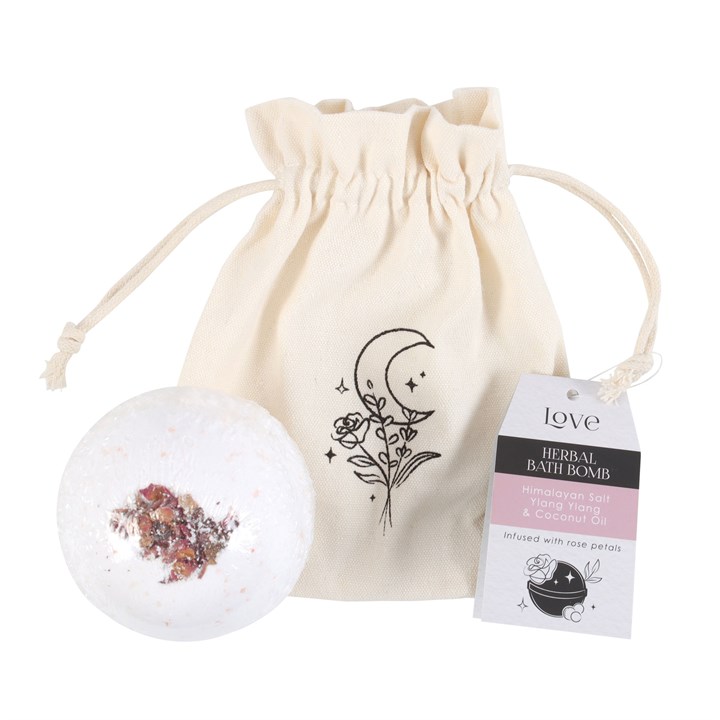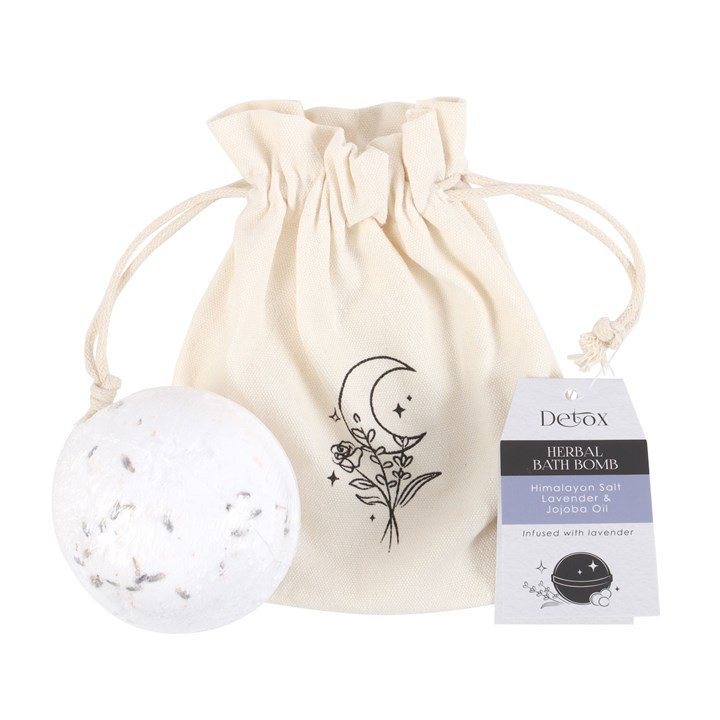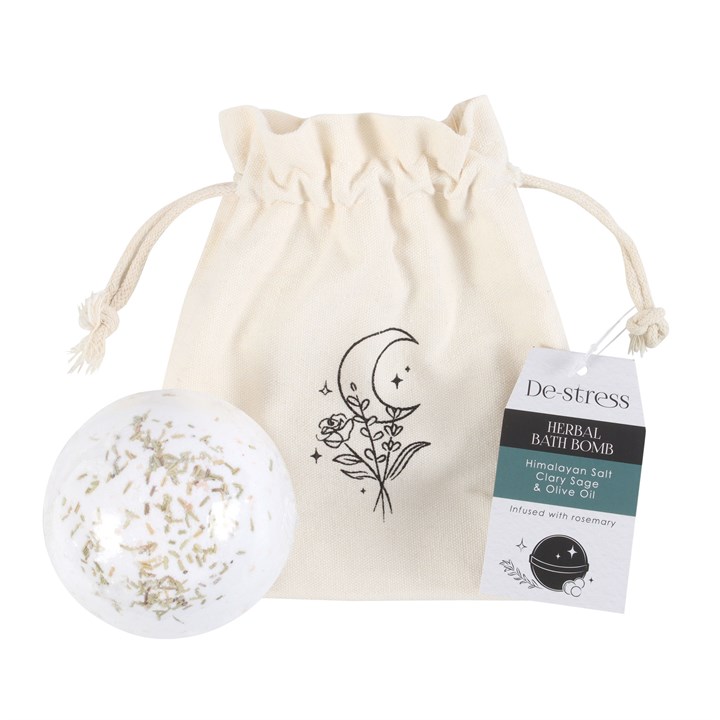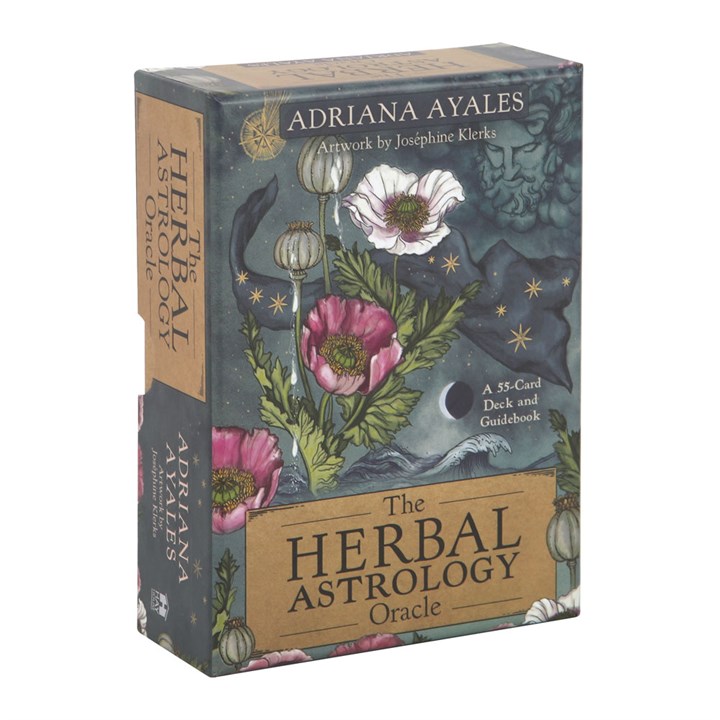You’ll study herbal medicine by looking at the history of phytoptherapy and find out the roots of this incredible healing modality. From there, you’ll move on to study plant botany and plant chemistry (in the context of herbal medicine).
Studying the Master Herbalist Diploma Course, you’ll be prepared to use herbs safely, as you gain an understanding of issues such as contraindications and drug-herb interactions. With the foundations of your knowledge set, you’ll go on to learn about the herbs you’ll be using, and will discover how to use various plants to treat the ailments of the body’s 6 systems. There will be plenty of mini herb profiles, each detailing the relevant areas when learning about a new herb.
You’ll then explore two more herbal healing modalities in the form of traditional Chinese medicine and Ayurveda. By looking at these, you’ll gain the opportunity to consider approaches that might suit your own style of herbalism, as not everyone wants to take a purely Western approach.
Of course, you will also be guided through the systems used by Western herbalists for formulating herbs. You’ll learn how herbalists conduct their consultations, including the questions they ask to extract the information that will ultimately lead to their herb choices.
You’ll find out how to make herbal preparations and gain insight into two other ways that plants can be used for healing, as you explore essential oils and flower essences. This herbalist course also talks you through herb gardening basics and foraging for herbs.
Finally, you’ll be shown how herbalists move on with their qualifications to open herbal businesses. You’ll reflect on the changing times, covering not only the traditional herbal clinic route but also modern, online-based herbalism.



























